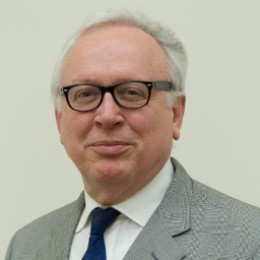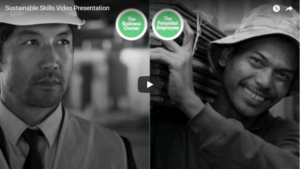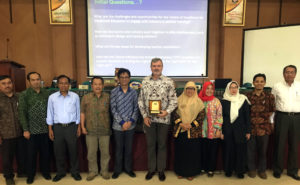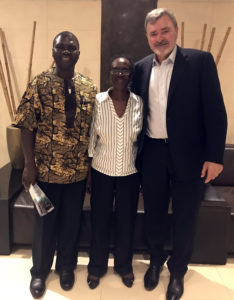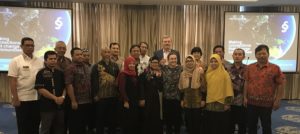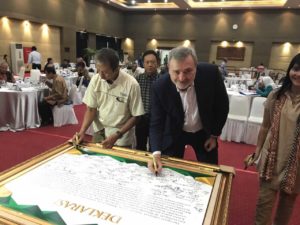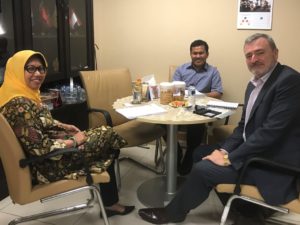How Australia can meet Indonesia’s demand for high quality skills training
In June Susinable Skillsta CEO, Nigel Carpenter, was invited by the Australia Indonesia Business Council Victoria (AIBC) to speak at the Education Panel discussion about education in Indonesia. The conference aimed to unpick some of the key issues in a critical sector for Indonesia, and learn more about the country’s aspirations.
We are sharing an article about how Australia can meet Indonesia’s demand for high quality skills training written by Nigel Carpenter for The Australia-Indonesia Centre (AIC) as well as a video interview produced by AIC.
President Widodo has elevated infrastructure investment to the top priority and has an enormous investment agenda.
In this case it appears likely that a major constraint will be skills. Already, key projects are heavily staffed by foreigners – a practice that Indonesia simply can’t sustain.
Indonesia is a fiercely independent country with an economy that continues to grow. As the Indonesian economy has grown so has the need to improve the education system particularly vocational education.
We found a country with a strong desire to improve its VET system that has a high degree of alignment with industry demand and a practical design that supports the needs of low income communities.
The Australian model, with its well-established industry-based competencies and modular course design, is very often the preferred choice for both qualitative and pragmatic reasons.
Our approach has been to work with Indonesian Ministries that have developed plans to reform VET, take key principles of the Australian VET system, understand the local culture and develop solutions.
Indonesia has the chance to reform its VET picking the best the international education system has to offer.
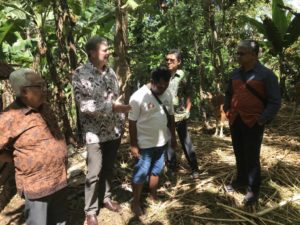
Nigel Carpenter in West Java to understand local cattle farming with the objective of developing a plan to develop skills and therefore productivity.
Prior to my first trip to Jakarta I was told Indonesia requires a lot of time and patience to succeed, that business is done differently, and a lot of effort is required to understand the culture and build relationships.
All the advice I received has proven true.
The challenge is being prepared to build sound relationships and there’s only one way to do this – be in front of people and let them know you’re truly interested in their problems.
Indonesians tell me they like Sustainable Skills because we’re committed, and we don’t think several visits over six months will deliver success.
By building the relationship and understanding the problem, an Indonesian solution can be developed. Once a relationship and trust has been established then projects will proceed.
There are major VET capacity constraints and a massive need to build skills. For example, Indonesia wants to build 35 GW of energy.
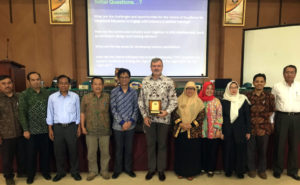
Nigel Carpenter delivered a lecture at Universitas Pendidikan Bandung on what an Indonesian TVET Centre of Excellence could be.
The Indonesian Government estimates the construction and operating of this system will create 1 million jobs. This creates a huge opportunity for Indonesia to build skills and bring more people out of poverty.
These jobs require world standard competencies and a training system that will deliver world standard skills, otherwise more foreigners will be required.
We are working with the Indonesian government to develop plans to seize this opportunity.
Opportunities are not straight forward, and no one would advocate a rush of investments in Australian-styled institutions in environments with very different economic and social drivers, not to mention much lower incomes.
But the risks can be managed and the scale requirements beyond the initial capacity-building are manageable. Yet so far, most of the activity by Australian providers in these markets has a focus on accreditation, implying some of sort of local delivery of Australian courseware.
Australia has an opportunity to not only attract foreign students but to also develop offshore opportunities and extend the value of our education capabilities and expertise. This requires the development of new solutions.
In pursuing our usual work, we identified the need and commercial opportunity to establish an Australian led Indonesian managed stand-alone training centre.
We have identified a strong local partner and have had significant encouragement in testing the proposition with Indonesian industry and government approval authorities.
This opportunity aligns with the very high priority of infrastructure and tourism investment in the Widodo Government’s agenda. We’ve developed a business plan that doesn’t need a change to Indonesian laws.
Sustainable Skills has developed several very interesting opportunities that we will continue to explore and develop. Each requires a local focus and strong guidance from experienced Australian specialists.
This will take time, but we are confident that strong results will emerge from the application of that Australian expertise. We’d welcome partners or supporters in any of these projects.
Source: Australia-Indonesia Centre
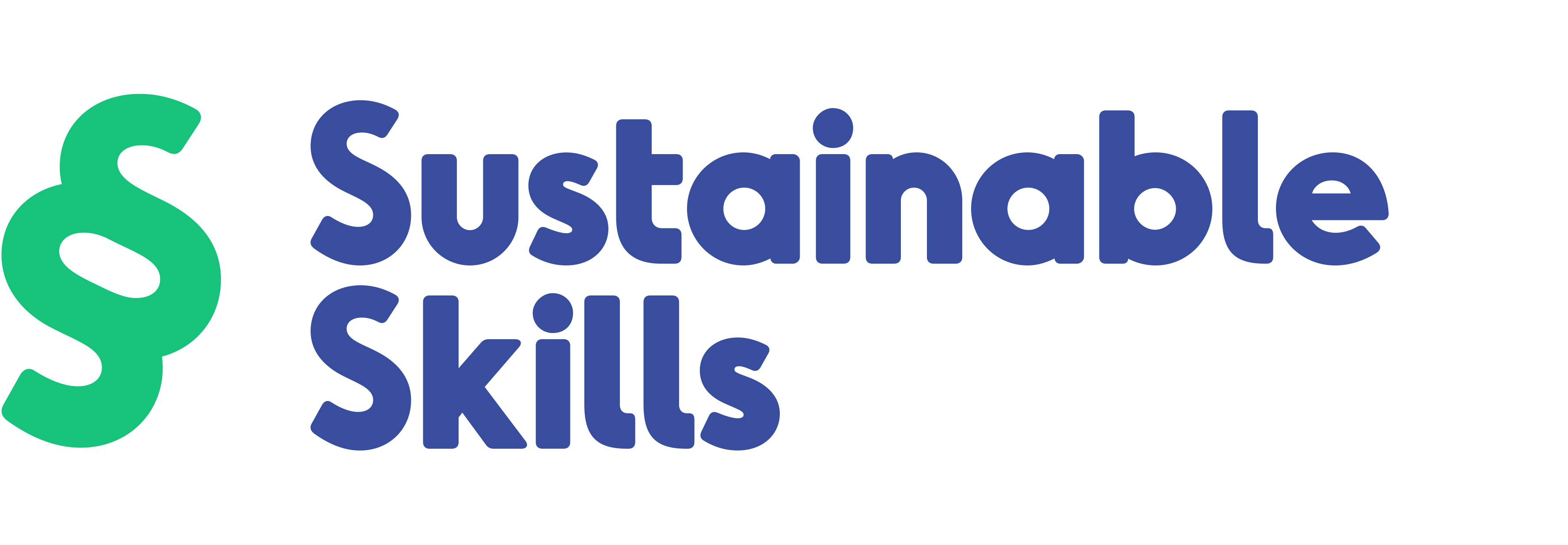
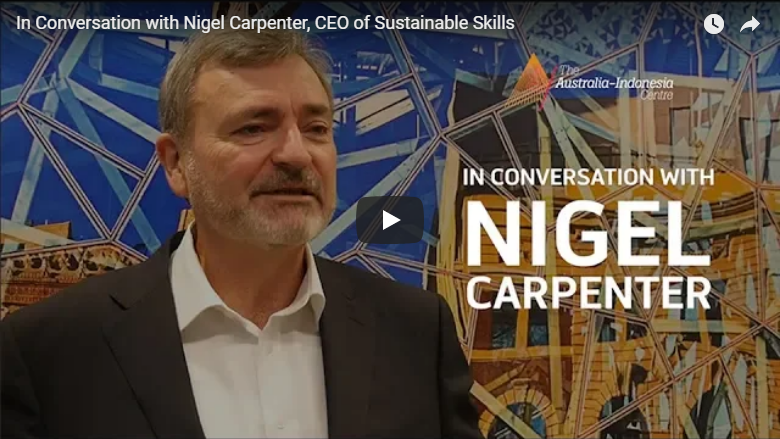
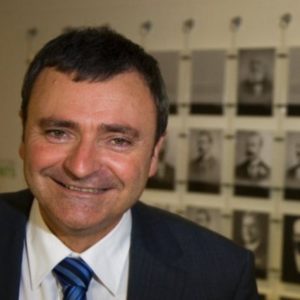 This month, I was invited by the
This month, I was invited by the 